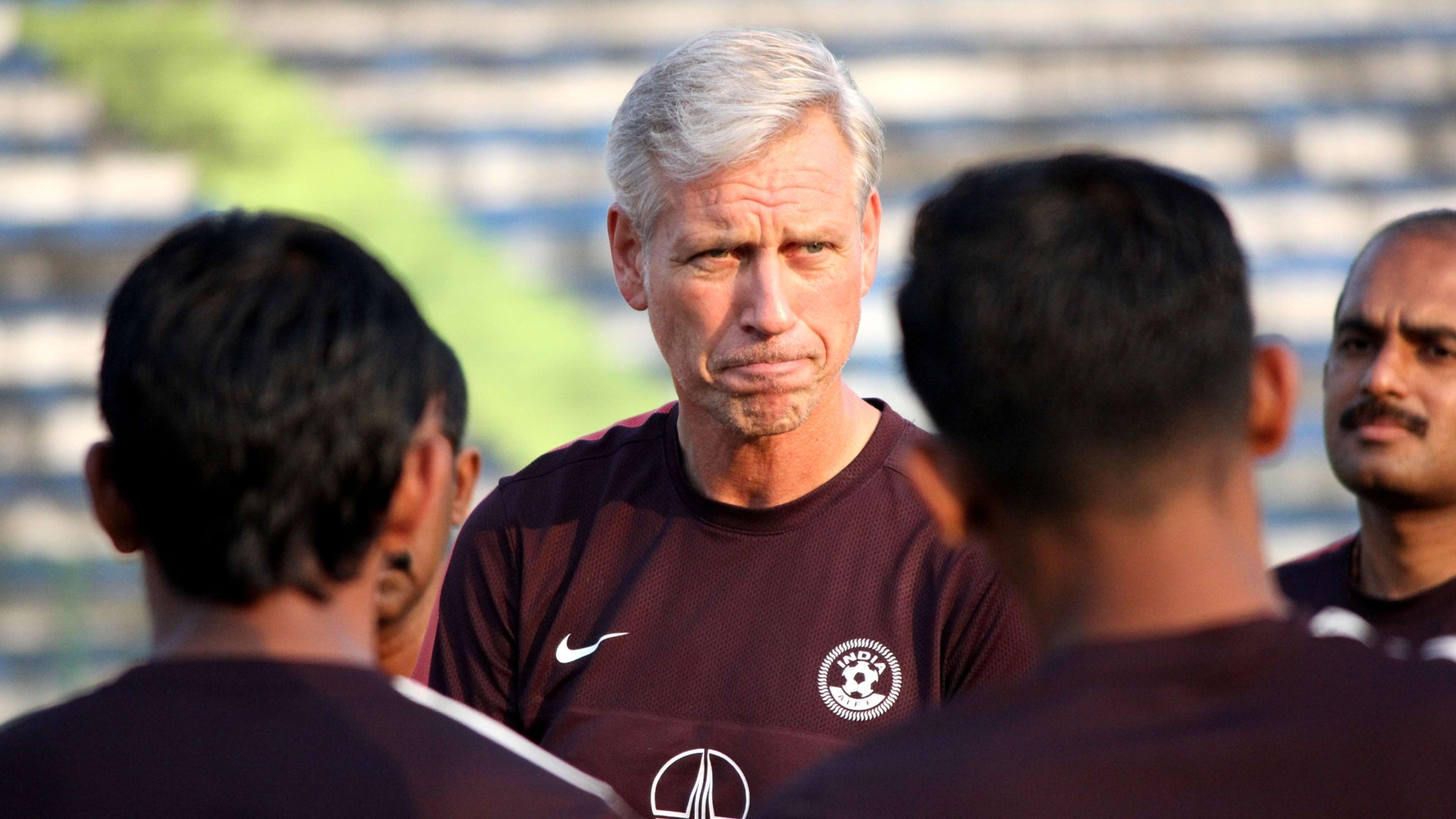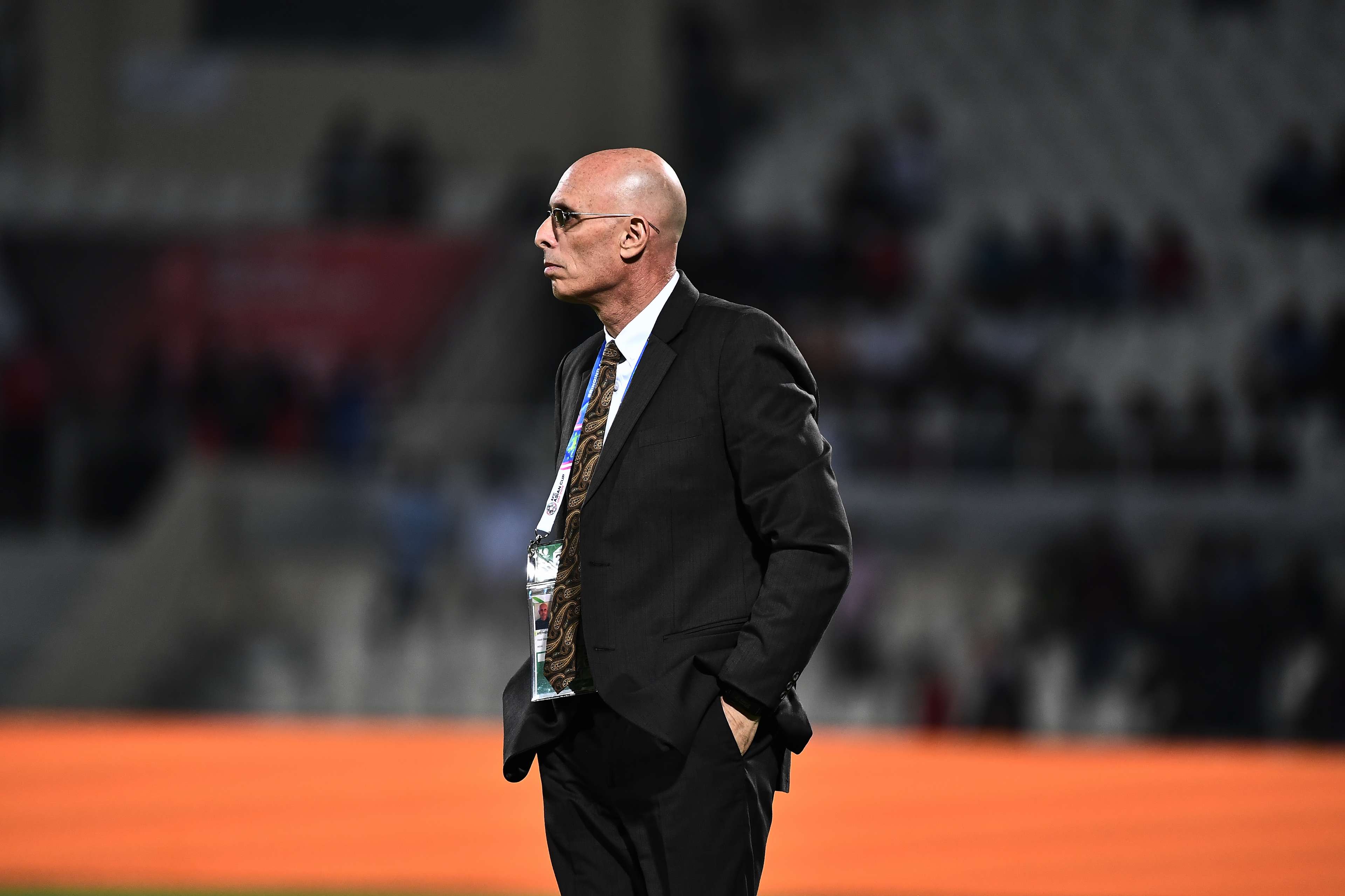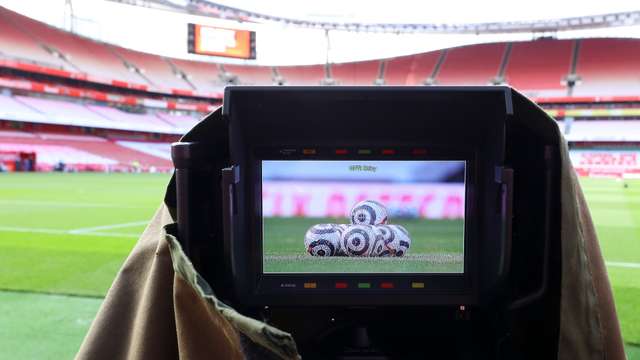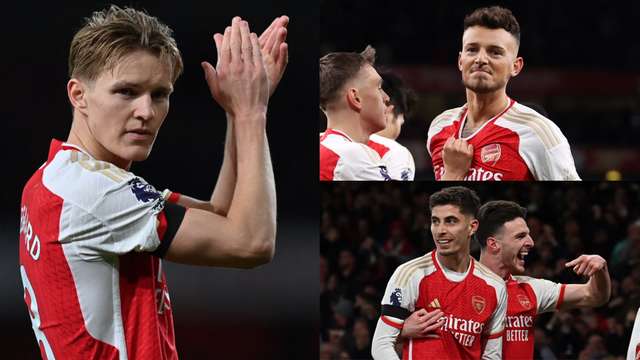The dust is still settling in on India’s heartbreaking group-stage exit in the 2019 AFC (Asian Football Confederation) Asian Cup with head coach Stephen Constantine’s resignation the first real casualty.
After promising so much in the continental competition with a historic 4-1 win over Thailand in their campaign opener, Constantine and his men tasted narrow defeats against hosts United Arab Emirates (UAE) and Bahrain to eventually finish bottom in their group.
While the injury-time goal conceded to Bahrain will hurt for some time to come, the Blue Tigers can take some positives from their display, especially from their second-half performance against Thailand.
With Constantine tearfully ending his second stint as India coach, the All India Football Federation (AIFF) and the stakeholders of Indian football have an important decision to make in the near future.
However, what they cannot afford to do is to commit the same mistakes they made post the end of the Bob Houghton era in 2011.
Houghton’s stint had seen India concede a whopping 13 goals in their three group-stage matches of the 2011 AFC Asian Cup with the Blue Tigers barely mustering a threat before ingloriously crashing out of the competition.
The Englishman’s five-year stint was ended prematurely on a sour note by the AIFF despite India clinching qualification to the AFC Challenge Cup. The governing body shunned hiring another foreign coach in favour of installing Armando Colaco as interim head coach following Houghton’s departure.
Colaco’s brief tenure saw India famously beat Qatar in an unofficial friendly but his stint was cut short by the AIFF after the team’s loss to UAE in the 2014 FIFA World Cup qualifiers.
Former assistant coach Savio Madeira was eventually appointed as the India coach with Dutchman Rob Baan being brought in as the technical director.
Under Madeira, India clinched the 2011 SAFF (South Asian Football Federation) Championship but failed miserably in the AFC Challenge Cup held in 2012 where they lost all three games without scoring a single goal.
With India’s hopes of qualifying for the 2015 Asian Cup over, the AIFF gave Madeira the boot with a foreigner once again being brought to the helm in the form of Wim Koevermans.
 AIFF Media
AIFF Media
Under the Dutch duo of Baan and Koevermans, Indian football plunged to new depths with the team’s FIFA rankings plummeting to 173 after a barren spell which included a dismal performance in the 2013 SAFF Cup as well as the 2014 AFC Challenge Cup qualifiers.
India U23 had even lost to Pakistan U23 in Bengaluru in a friendly.
An equally woeful campaign in the 2014 Asian Games in Incheon, South Korea, saw Koevermans finally being relieved of his duties before Constantine was brought back for a second stint. The Dutchman was perhaps the worst coach India have had in the 21st century.
A series of poor decisions and appointments summed up the state of Indian football post Houghton’s departure with a lack of clear and coherent vision at the top hurting the national team big time.
India had a promising youth core in the national team at the end of Houghton’s reign but all the potential was wasted away in the subsequent three to four bleak years which culminated with the axing of Koevermans.
Following Constantine’s latest exit, India find themselves at almost the same crossroads they were at in 2011. While veteran Sunil Chhetri might have played his last major tournament in India colours, the bulk of the 2011 squad is in the age 23-27 category.
As such, the core group of players could still hang around for another few years to come. The foundation for the next coach has been laid already by Constantine. A clear vision has to be adopted by the top honchos of Indian football to sustain the little momentum which has been generated of late.
What India now need is a coach who can reap full reward from the potential at hand, especially with the 2026 World Cup on the horizon where eight AFC countries will be afforded qualification. Qualification to the AFC Asian Cup should become a norm for India going forward now after the progress that has been made in the past three years or so.
Lessons have to be learned from the post-Houghton era debacle though, first and foremost, as India look to herald in the post-Constantine era.




-min.png?auto=webp&format=pjpg&width=640&quality=60)